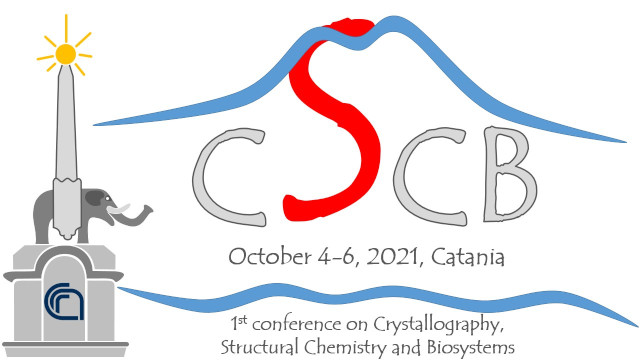Speaker
Description
Alzheimer's disease (AD), the most common form of dementia worldwide, is an age-related, fatal neurodegenerative disorder. A hallmark of AD is the presence of extracellular proteinaceous deposits (senile plaques) in the brain of affected people.[1] The prevalent component of senile plaques are β-amyloid (Aβ) peptides but it has been underlined the presence of ubiquitin. A reduced Ubiquitin Proteasome System (UPS) activity has been found in patients affected by AD and many reports suggest that the UPS malfunction plays a significant role in Aβ accumulation and, in turn, in AD progress.
Here we set out to test whether Ub may bind the Aβ peptide and have any effect on its physiological clearance pathways.
We demonstrated that Aβ40 binds Ub with a 1:1 stochiometry and Kd in the low micromolar range, using an integrated array of MALDI-TOF/UPLC-HRMS, fluorescence, NMR, SPR and molecular dynamics studies.
In particular, we show that the N-terminal domain of Aβ peptide (through residues D1, E3 and R5) interacts with the C-terminal tail of Ub (involving residues K63 and E64), inducing the central region of Aβ (14HQKLVFFAEDVGSNK28) to adopt a mixed α-helix/β-turn structure. In neuroblastoma cell lysates, we have shown that Aβ competitively binds Ub also in the presence of the entire pool of cytosolic Ub binding proteins. Ub-bound Aβ has a lower tendency to aggregate into amyloid-like fibrils and is more slowly degraded by the Insulin degrading Enzyme (IDE). Finally, we observe that the water soluble fragment Aβ1-16 significantly inhibits Ub chain growth reactions.
These results point out how the non-covalent interaction between Aβ peptides and Ub may have relevant effects on the regulation of the upstream events of the UPS.

